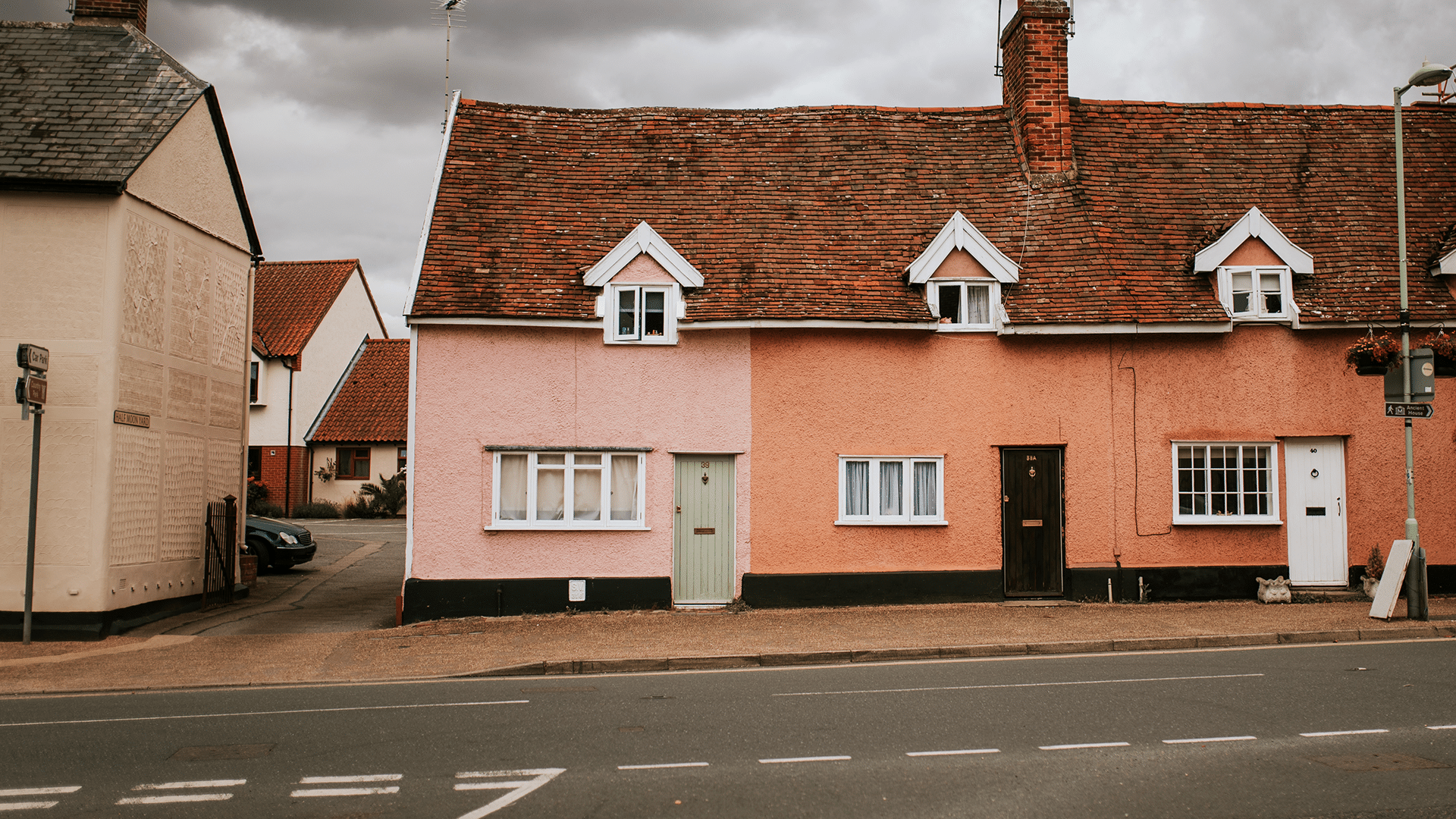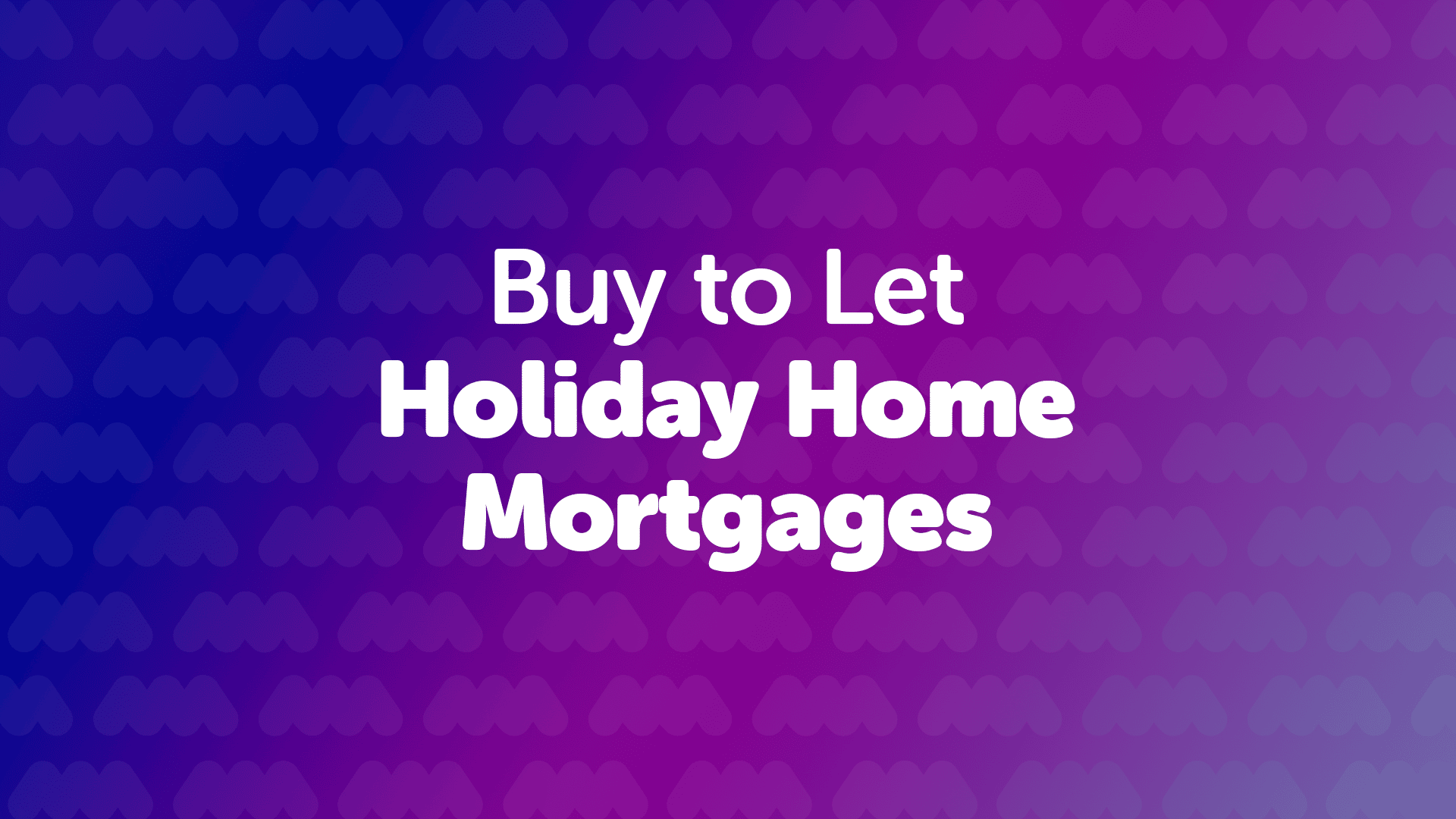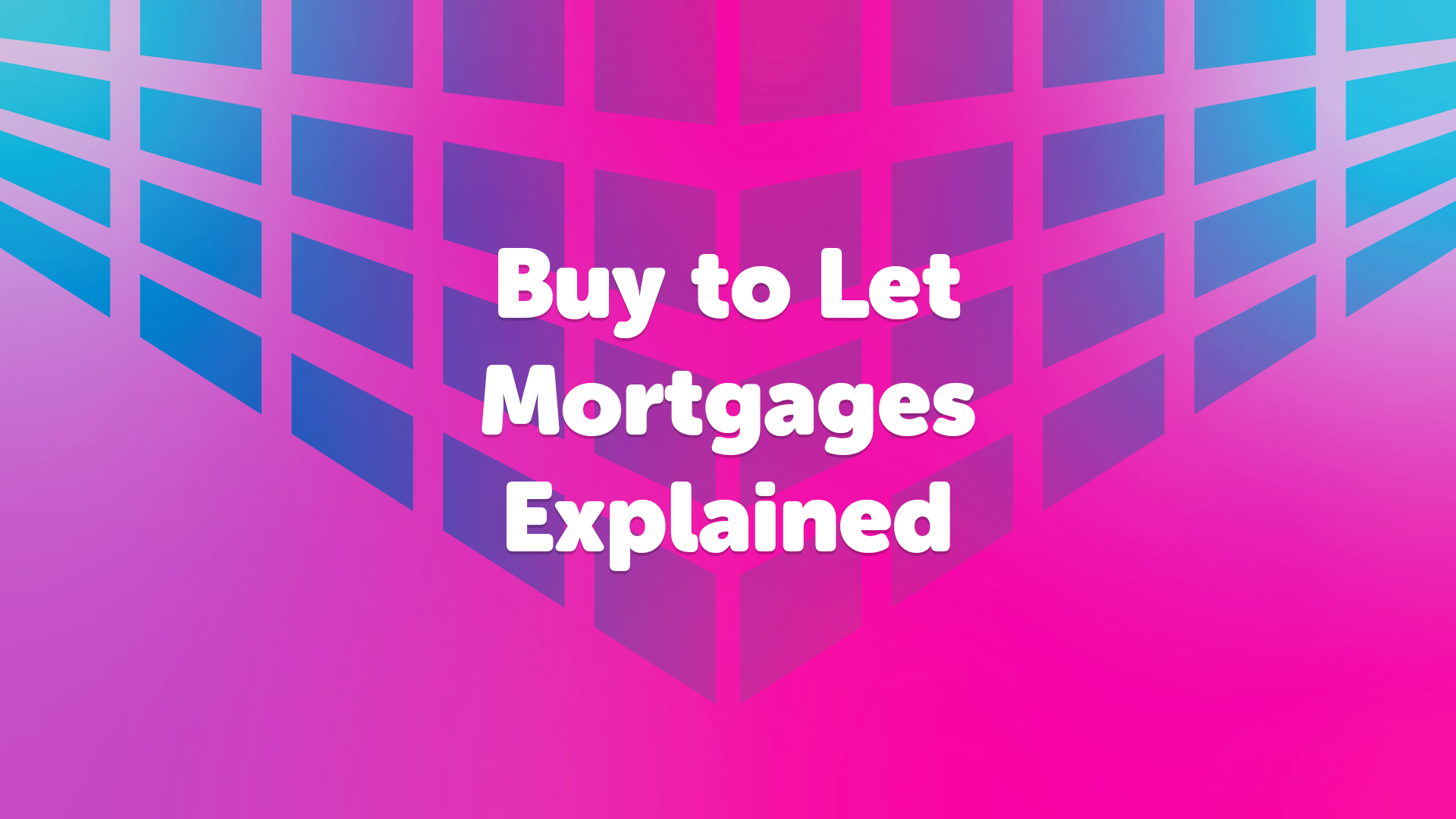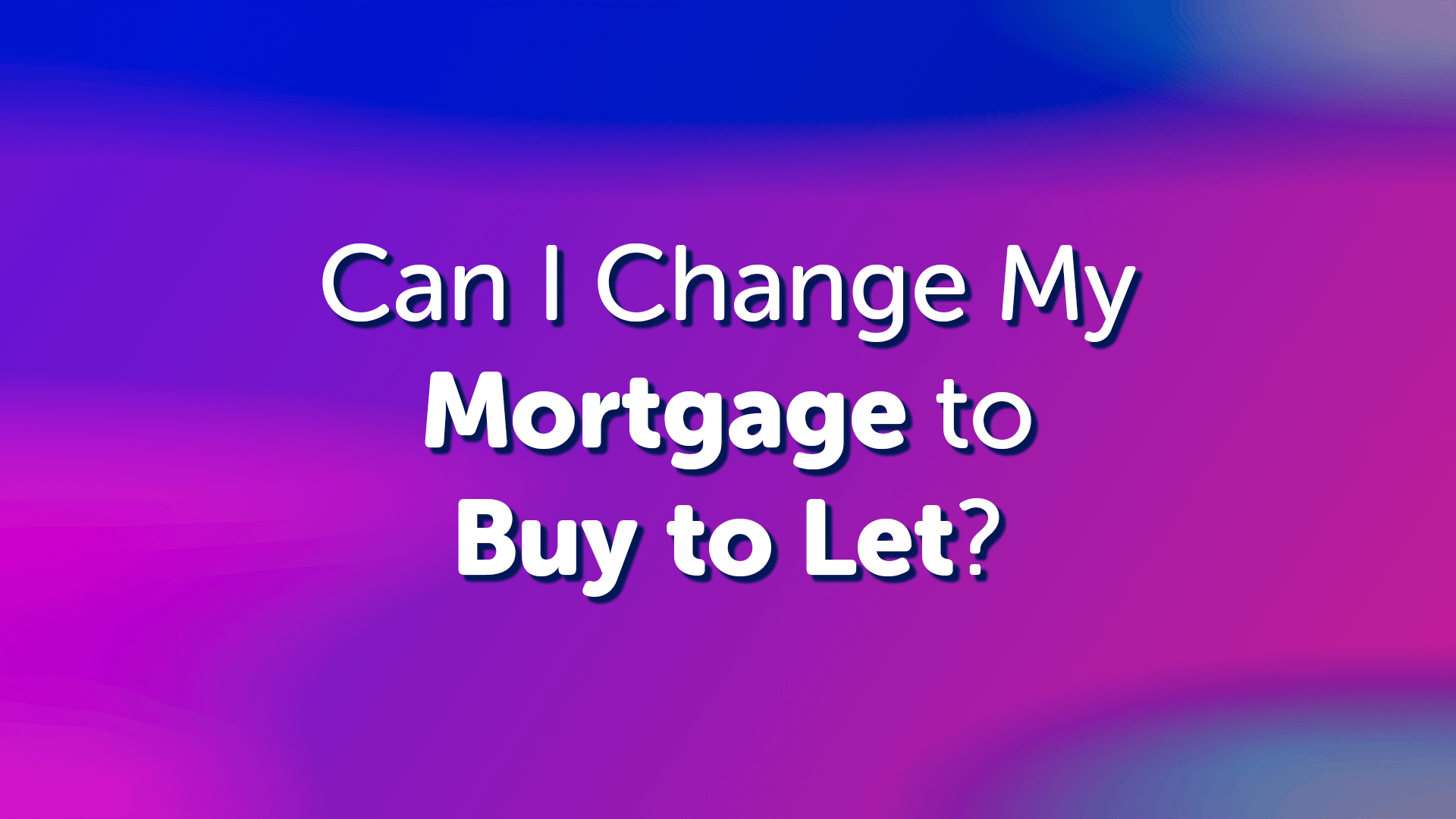The Financial Conduct Authority does not regulate some types of buy to let or commercial mortgages.
Buy to let mortgages in Essex stand out as a pivotal avenue for financial investment, attracting individuals keen on leveraging property letting opportunities in the region.
In this comprehensive guide, we delve into the fundamental aspects of these specialised mortgages, comparing them to conventional home loans, and providing essential considerations for both seasoned landlords and newcomers venturing into the realm of property investment in Essex.
What is a buy to let mortgage and purchase?
A buy to let mortgage in Essex serves as a cornerstone for generating income through tenant rentals, typically aimed at covering mortgage expenses and potentially yielding additional profits.
As a property owner, your commitment lies in maintaining the mortgaged property with the intention of leasing it out. Notably, there exists a strong correlation between previously rented properties and the utilisation of buy to let mortgages.
How do buy to let mortgages work?
Structured to accommodate individuals seeking to acquire properties for rental purposes, buy to let mortgages often entail higher deposit requirements compared to standard home loans. Lenders evaluate the applicant’s financial standing and rely on projected rental income to determine approval.
The lender typically expects rental income to exceed the mortgage payment by a certain margin, usually around 125%. Buy to let mortgages may be interest only or repayment-based, with the full outstanding balance settled at the term’s conclusion.
Despite differing eligibility criteria and associated fees, seeking guidance from a qualified mortgage broker in Essex can streamline the application process and identify suitable solutions.
How much can I borrow via a buy to let mortgage?
Lenders assess potential rental income during the application process, with borrowing restrictions typically absent as long as the projected rental income aligns reasonably with the mortgage request. Certain lenders may require rental income to exceed the monthly payment by a specified percentage.
Who is eligible for a buy to let mortgage?
Eligibility for a buy to let mortgage in Essex necessitates UK residency, a minimum age of 18, a clean credit history, and reliable income to meet monthly mortgage obligations.
Lenders evaluate the applicant’s ability to sustain the mortgage, factoring in both projected income and potential rental earnings. While many lenders stipulate a minimum 25% deposit, variations may occur based on individual circumstances.
Seeking advice from a certified mortgage broker in Essex ensures access to expert guidance tailored to individual requirements.
What documentation do you need for buy to let mortgages?
When applying for a buy to let mortgage in Essex, applicants must provide evidence of income, deposit, address, ID, bonuses, commission, and P60.
Self-employed individuals must furnish their SA302 tax return, while established landlords must present proof of rental income through an ARLA certified report and mortgage statement for existing properties. Having these documents readily available expedites the application process.
What type of buy to let mortgages could I apply for?
Interest only mortgages are popular among buy to let investors as they minimise monthly expenses by requiring payment of only the interest each month, with the outstanding capital balance settled upon property sale or remortgaging.
Alternatively, establishing a repayment vehicle can offset costs. While interest only mortgages are prevalent and perceived as tax-efficient, repayment mortgages offer the advantage of accruing equity in the property and complete ownership at the term’s conclusion.
What is the difference between let to buy mortgages and buy to let mortgages?
A let to buy mortgage enables landlords to lease out their property for income generation. Unlike traditional buy to let mortgages, this option is typically chosen by homeowners unexpectedly venturing into letting their property, instead of selling and purchasing a new buy to let property.
This arrangement allows homeowners to generate additional income without acquiring a new property solely for leasing purposes.
What is consent to let and could that be an option for me?
Homeowners considering temporary property leasing without permanent conversion into a buy to let property may explore the ‘consent to let’ provision offered by select mortgage lenders.
This provision allows temporary leasing, typically limited to 30-90 days per annum, depending on the lender. Appointment with the lender is essential to determine eligibility and understand any limitations or penalties associated with long-term rentals without official conversion.
What should I think about before choosing a buy to let mortgage?
Thoughts concerning buy to let mortgages in Essex should encompass factors such as short-term versus long-term investment goals, deposit size, interest rate types, and associated fees.
The final mortgage choice should align with the applicant’s financial status and future objectives. Seeking advice from a mortgage advisor in Essex provides invaluable guidance in navigating these considerations and identifying the most suitable mortgage option.
How many buy to let mortgages can I have?
The realm of buy to let mortgages offers the potential for individuals, whether acting alone or through a limited company, to own multiple properties. Generally, there is no strict legal limit on the number of buy to let mortgages one can acquire, although this may vary among lenders.
With each new application, however, lenders will conduct a reassessment of your financial capacity to repay additional debt. Many buy to let lenders require evidence of rental income, which they may consider alongside your personal income and financial obligations to evaluate your repayment ability.
Can I live in my buy to let property?
Buy to let landlords typically do not reside in the properties they let out. Doing so could breach the terms of the contract and lead to penalties or legal repercussions. However, if you find your buy to let property vacant, you may contemplate converting it into your primary residence.
Such a transition would likely necessitate refinancing. For tailored advice on buy to let remortgages and related matters, speaking with a specialist in this field is recommended.
Can I change my residential mortgage to a buy to let mortgage?
Transitioning from a residential mortgage to a buy to let mortgage may require discussions with your lender to explore viable options. While some lenders may facilitate a smooth transition, others may require a new mortgage application.
If you opt for a switch, the lender might stipulate minimum income requirements or a certain level of equity in your property. Additionally, they are likely to assess the potential rental income.
It is prudent to seek guidance from financial professionals or tax advisors to fully understand the implications of such a switch on your financial circumstances.
Date Last Edited: February 16, 2024














